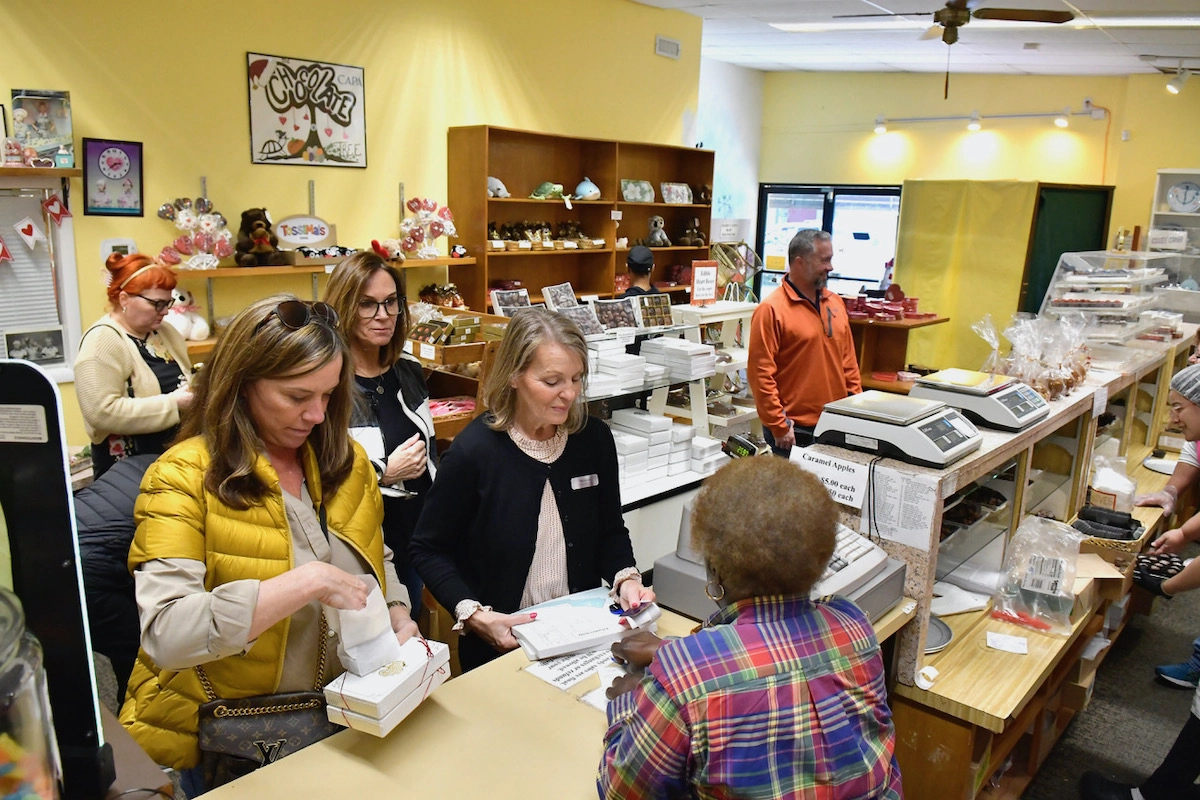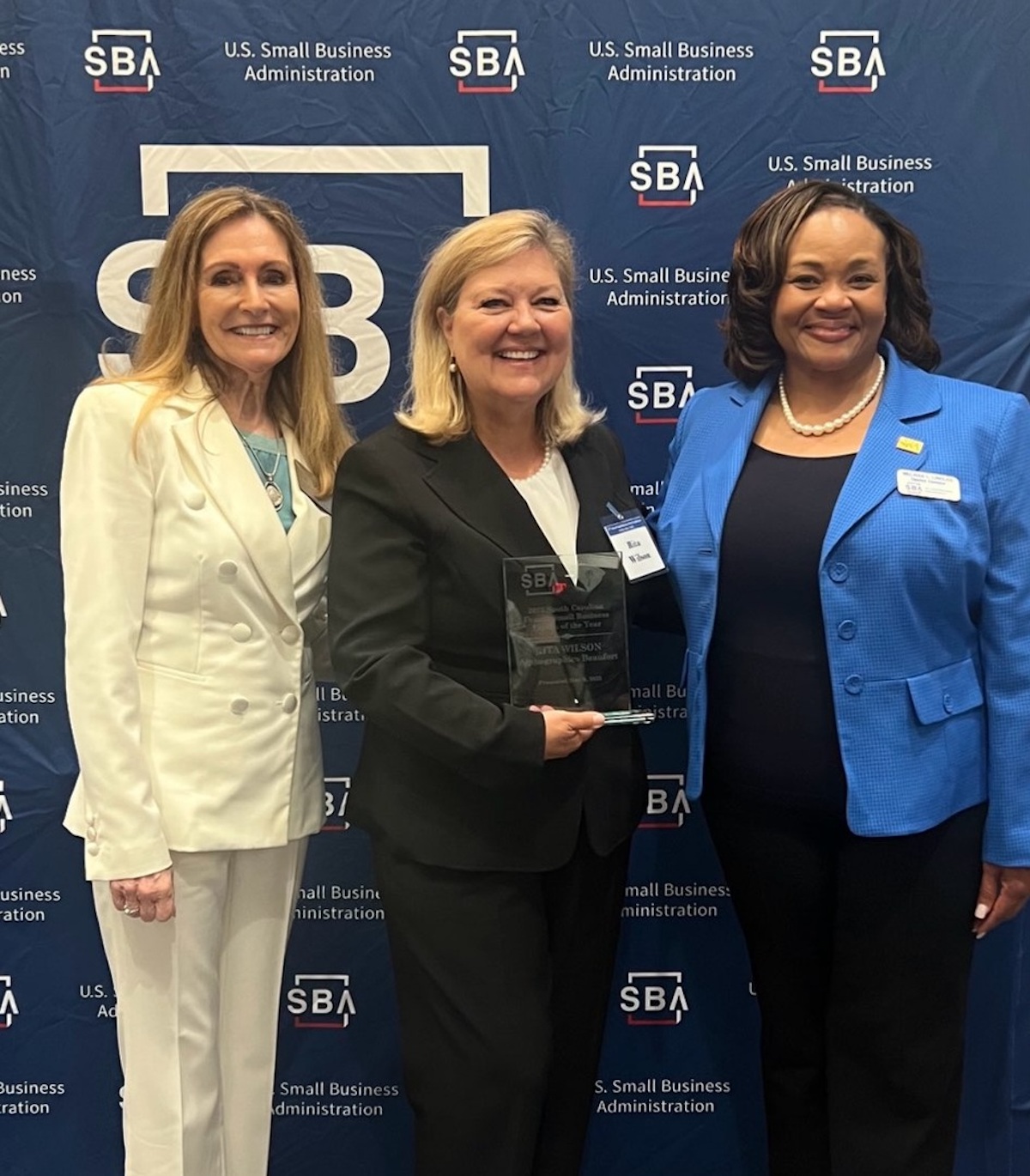Presented by Fred Gaskin
One of the great things about what we do is working with wonderful people. I’m often surprised at how trusting and generous our clients are, and what they are willing to do for other family, friends, and sometimes people they don’t really know that well. Unfortunately, there are many bad actors that target unsuspecting individuals and try to take advantage of someone’s good nature for financial gain. Not surprisingly, many victims tend to be older, but anyone can be victimized. It is very important for everyone to be vigilant and engaged so that we can protect ourselves, friends, neighbors, and loved ones.
A recent report by the Consumer Financial Protection Bureau revealed that each incident of financial fraud cost older adults ages 70 to 79 an average of $45,300, and when the older adult knew the suspect, the average loss rose to about $50,000.
While technology has made many aspects of our lives easier, including managing money, it has also increased the ways in which scammers can weaponize fraudulent activity. As technology continues to evolve and become more prevalent, it becomes more critical than ever to empower older adults to protect their financial accounts – and for trusted family and friends to help them do so, before it’s too late.
Common types of scams targeting older adults include healthcare insurance scams, counterfeit prescription drug schemes, romance scams, person-in-need scams, lottery scams, funeral and cemetery scams, telemarketing/phone scams and investment schemes.
How family members can help
There are many ways in which you can help protect older family members against financial scams, mostly by staying engaged so you can spot the signs of an investment scam and help if warning signs appear. To start, speak to them regularly and be on alert for clues, such as:
- Verbal – mentioning being asked for money or that managing their finances is confusing or overwhelming
- Visual – unpaid bills or piles of unopened mail
- Physical – fearful behavior, worsening of an illness or disability as the result of the pressure from a scammer’s tactics
Many older adults feel too embarrassed to admit they may have been scammed to ask for help, but this hesitancy can be overcome with regular communication and wellness check-ins with trusted family members.
Steps you can take
No matter your life stage, there are some steps you can take to help avoid scams and to make sure you and your senior family members do not become victims of financial fraud:
- Designate a trusted contact. This should be someone who can speak to your financial services provider in the event of an emergency, such as financial exploitation. Many financial institutions provide this as an option, so be sure to check with your provider and assign this role to someone you trust.
- Get your financial affairs in order. It’s always important that you understand your full financial situation, especially when it comes to locating and filing your key financial records, creating or reviewing wills, establishing trusts and power of attorney declarations, and updating account and insurance policy beneficiaries as your life situation changes.
- Guard your passwords. To protect your online financial accounts, create unique passwords and never share usernames, logins, passwords or personal identification numbers. This is particularly important for people over 60 years old who, according to the 2022 FBI Internet Crime Report, experience the most incidents of online investment scams and the highest monetary loss.
- Get smart with your smartphone. It’s not unusual for scammers to mask their phone number to make it appear that a call is local or from a trusted party in order to get the victim to respond. You can help prevent telemarketing scams by joining the National Do Not Call registry, and it is often smart to let calls from unknown phone numbers go to voicemail.
- Up your technology game. Knowing how to protect yourself and your information online is a key aspect in avoiding scams and fraud. If you or an older family member feels unfamiliar with the technology you’re using, many recreation centers and libraries offer technology and digital literacy classes to help older adults and their family members protect themselves online.
If you’re worried about the security of your finances, it can also be helpful to talk with a financial advisor. While family and caregivers can be helpful in picking up on potential threats, a financial advisor or institution can be a trusted partner in spotting unusual or suspicious changes in your financial behavior.
To learn more about how to educate yourself and your older family members on the latest financial schemes, visit Schwab’s resources for senior investors.
Fred Gaskin is the branch leader at the Charles Schwab Independent Branch in Bluffton. He has over 35 years of experience helping clients achieve their financial goals. Some content provided here has been compiled from previously published articles authored by various parties at Schwab.
The information here is for general informational purposes only. It should not be considered an individualized recommendation or personalized investment or tax advice, and the investment strategies mentioned may not be suitable for everyone. Where specific advice is necessary or appropriate, please consult with a qualified tax advisor, CPA, Financial Planner or Investment Manager. Each investor needs to review an investment strategy for his or her own particular situation before making any investment decision.








